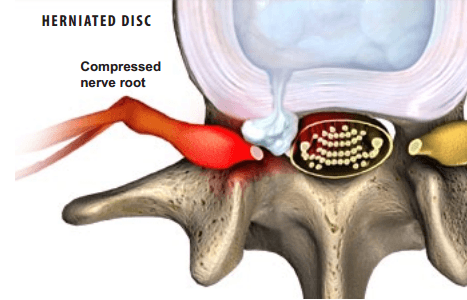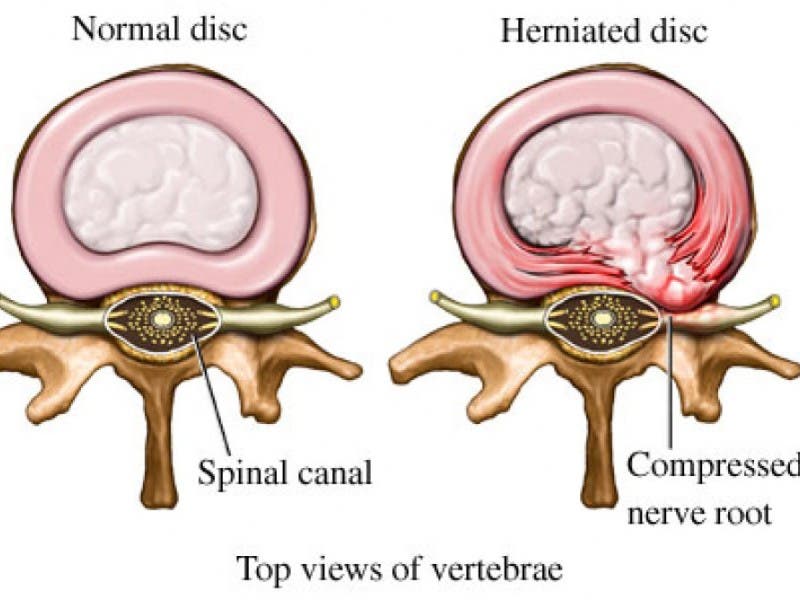Herniated Disc Types – What You Should Know

Herniated Disc types are similar, but there is a subtle difference between them. Both types can cause pain, so the treatment for them is different. Depending on the location of the herniation, it may be necessary to undergo surgery. Surgical removal of a herniated disc is a common treatment option for these conditions. However, there are a few things you should know about these procedures before you decide to undergo one.
Herniated discs occur in various locations in the spine. While herniation can happen in any region, the most common one is in the lumbar region. The lumbar region is the most common location for herniated discs, and if a herniated disc is present in this area, it can lead to numbness or weakness of the legs or arms.
Herniated discs can compress nerves, including the cauda equina. These nerves exit the spinal cord, and can be affected by herniation. People with herniated discs often experience lower back pain. The nerves that supply the lumbar spinal cord can also be compressed, leading to bowel and bladder dysfunction and impotence. The symptoms of these conditions are often severe.
There are two basic types of herniation. The first type is a contained herniation, which is also referred to as a bulging disc. This type of herniation occurs when pressure between the vertebrae causes the disc to bulge outward. This type of herniation often results in mild back pain. This pain is often caused by compression of the nerves. In some cases, this can also lead to sexual dysfunction.
In some cases, pain may be accompanied by symptoms of a herniated disc. Some people suffer from chronic back pain caused by a herniated disc. Other symptoms of a herniated lumbar spine include leg numbness and weakness in the legs. Other herniated discs can also cause chest pain. If you suspect you have a herniated disc, it is important to seek medical attention and get treatment advice online yomeapunto.com.mx.

Limited herniation is a type of herniation that is characterized by disc protrusion. In this case, the disc does not break, but shifts outward. This can cause mild to moderate back pain. Although this type of herniation is not associated with a bulge, the bulge may be a lumbar disc herniation.
As a rule, a herniated disc in the neck occurs due to a herniated disc in the thoracic region. During a car crash, the pressure of the car crash will cause the disc to protrude outward. These herniated discs can cause mild back pain but often require surgery. Treatment for this type of herniated disc will depend on the location of the disc herniation.
A contained herniation is a small bulge that does not affect the spinal cord. Instead, the pressure between the vertebrae causes the disc to protrude. It can also cause neurological deficits. A herniated disc in the neck will cause local neck pain and sometimes radiate pain. This type of herniation is not dangerous, but it does cause back pain. The best treatment for this type of herniation is to seek medical attention immediately.
A simple MRI can be used to confirm the presence of a herniated disc. This test can be helpful in relieving the pain, but it can also make the problem worse. This test is only useful for confirming a diagnosis of herniated discs. The herniated disc is not the only type of herniated disc, but there are several other types. They can all lead to significant muscle weakness, but the symptoms may not be related.
There are many non-surgical options for disc herniations. The most common type is a L5/S1 herniated disc. Herniated discs in the neck can lead to severe pain and disability. If it is in the neck, it can be extremely painful and limit your ability to walk and even move. If it is in the neck, it is best to consult a doctor as early as possible.
